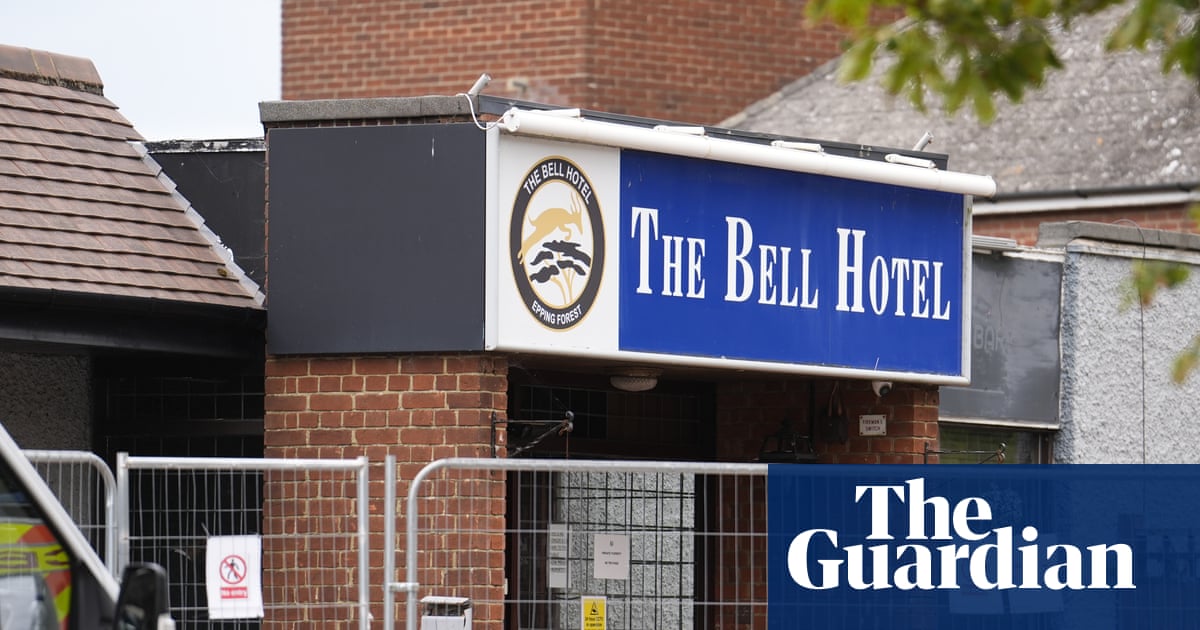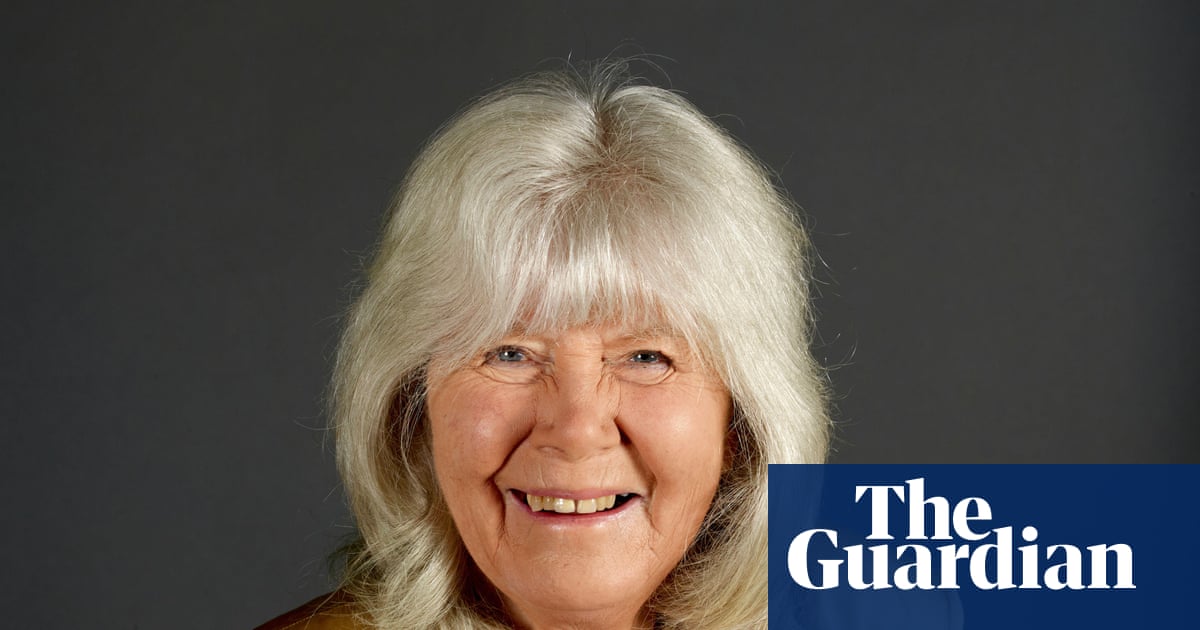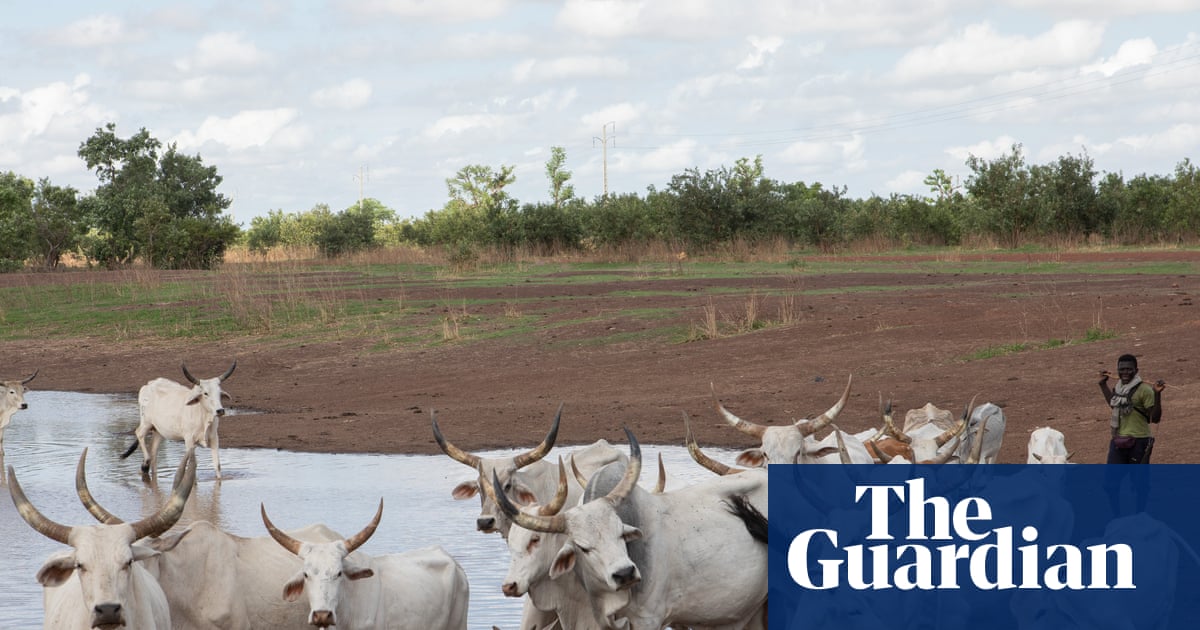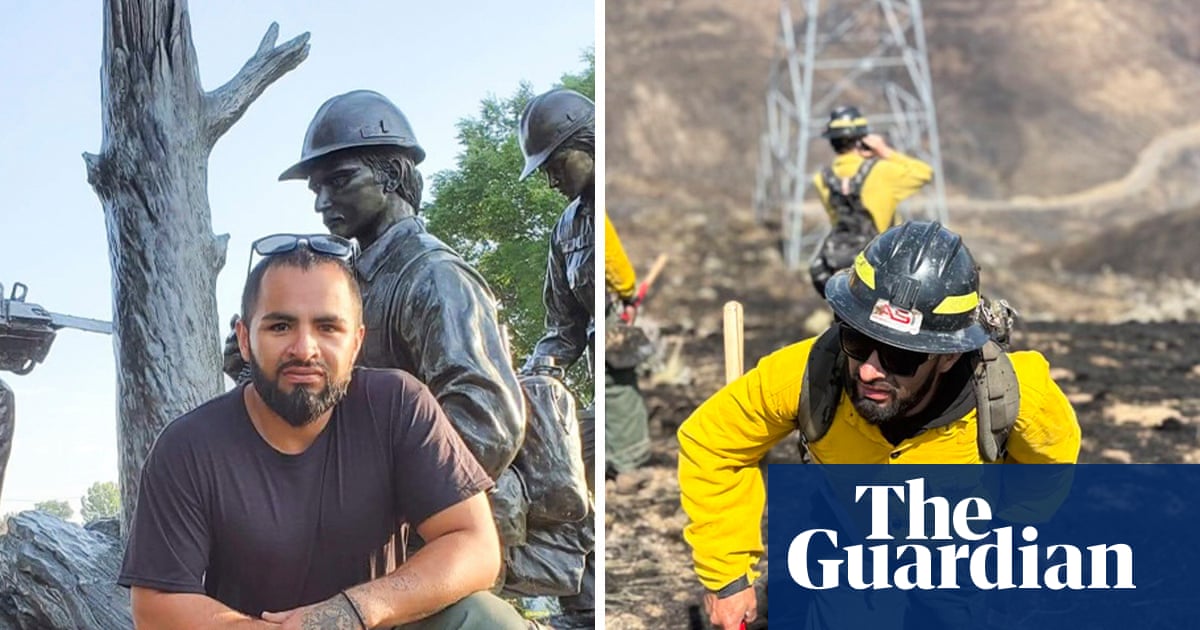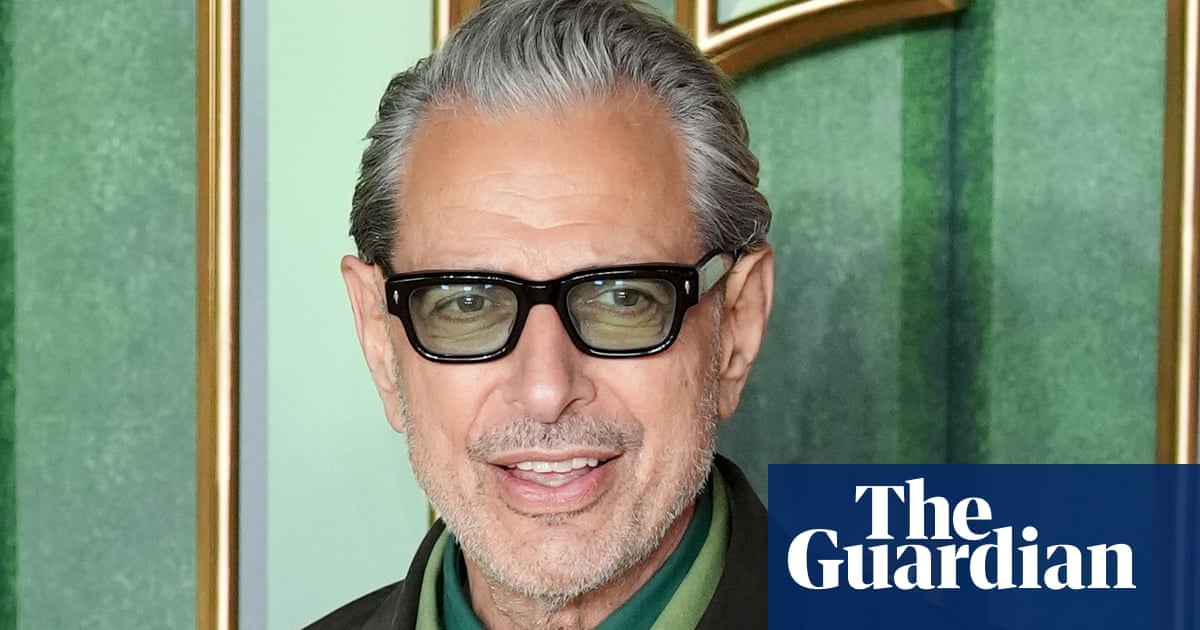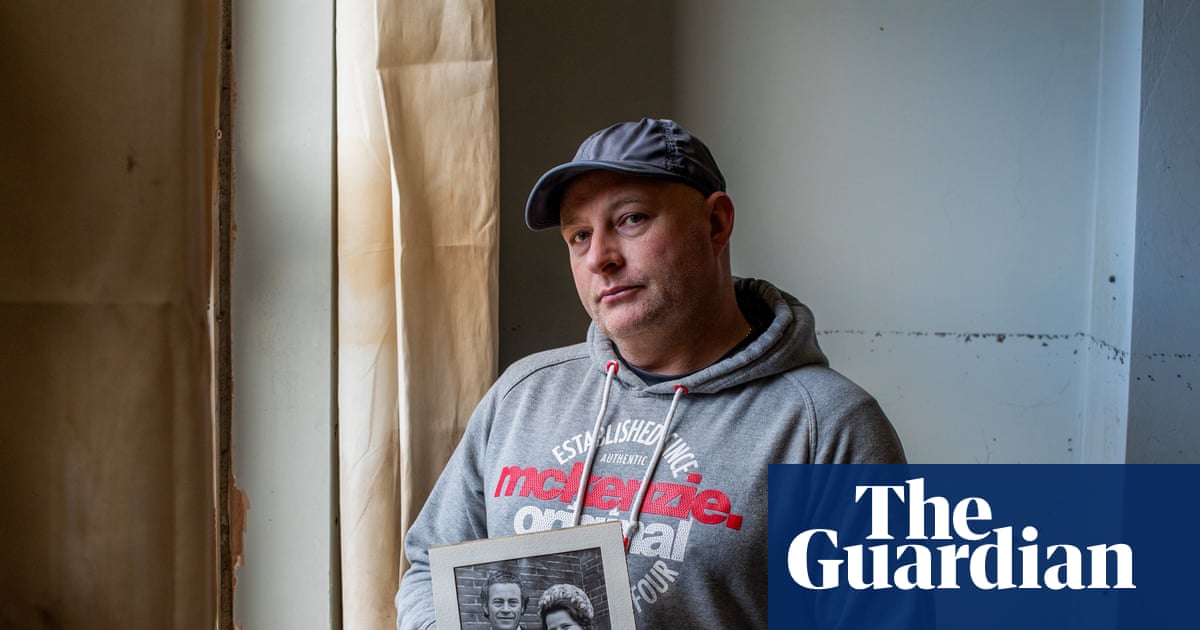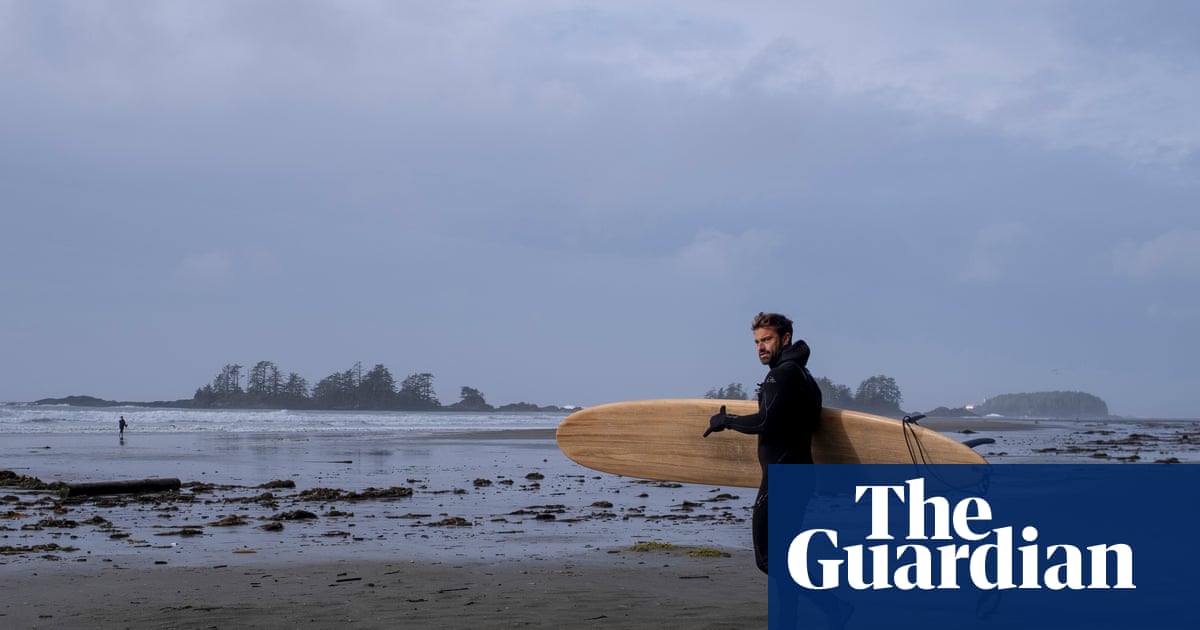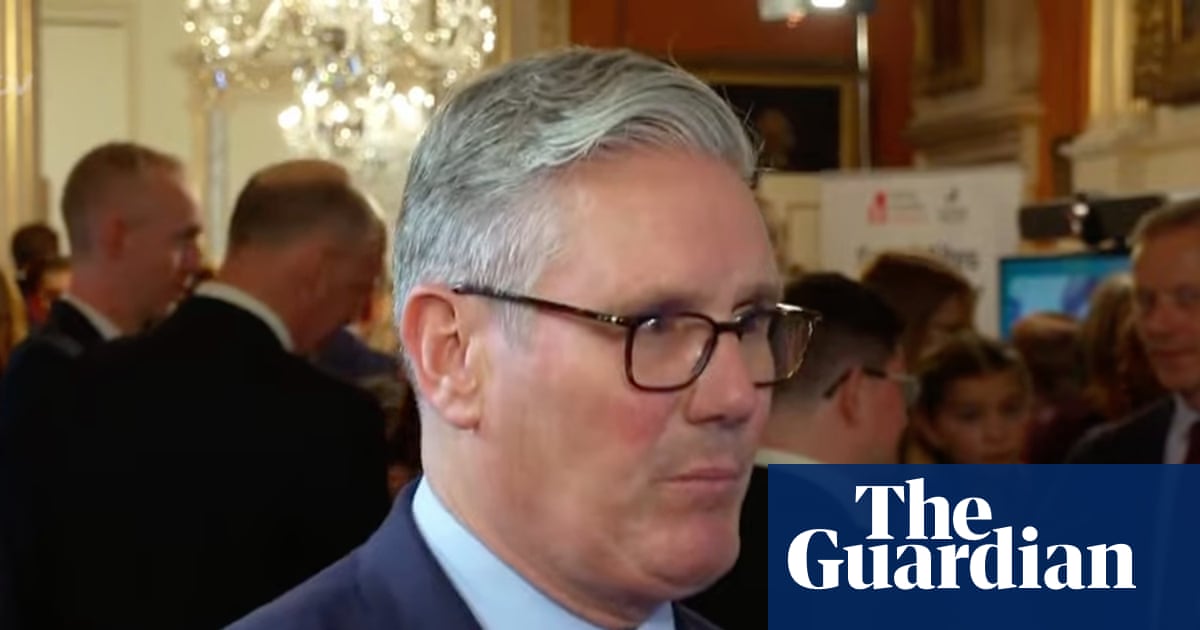Canada’s Liberal government has said that a liquefied natural gas facility, critical mineral mines, a nuclear reactor and port expansion will mark the first wave of major national projects to “turbocharge” the country’s economy as it fends off a trade war with the United States.
Notably, the list unveiled by the prime minster, Mark Carney, on Thursday does not include any new oil pipelines – projects which have proven to be deeply divisive and politically fractious in recent years.
An expansion of LNG Canada’s Kitimat facility on the Pacific coast, which will in effect double the plant’s annual export capacity to 28m tonnes, is among the biggest supported by the Liberal government, which has pledged to invest heavily in – and speed – up permits for – projects deemed in the national interest.
“The path ahead will not always be easy, because what’s happening now in the global economy is not a transition – it is a rupture,” said Carney. “The United States is fundamentally and rapidly transforming all of its trading relationships, and the effects are both immediate and profound.”
The announcement is an attempt to fend off economic threats from Donald Trump, the US president, whose trade war with one of his closest allies has threatened to plunge the Canadian economy into a recession. Carney said the projects would add C$60bn (US$43bn) to the country’s economy and create “tens of thousands” of new jobs.
The liquified natural gas project is a shift for Liberals. Under former prime minister Justin Trudeau, senior ministers were publicly skeptical of the economic case for exporting Canadian LNG across the Atlantic. But in recent months, Carney’s government has met with European officials to pitch Canadian LNG exports.
The other projects announced on Thursday were a small modular reactor at Ontario’s Darlington nuclear facility, a Quebec port expansion and two mines – all of which Carney framed as having reduced environmental impacts.
“We used to build big things in this country, and we used to build them quickly,” said Carney. “It’s time to get back at it, and it’s time to get on with it.”
The absence of a major oil pipeline is expected to kick off fierce partisan attacks. Earlier in the summer, the federal Conservative leader, Pierre Poilievre, said a Tory government would “legalize” pipelines and said the Carney government was “going in the exact wrong direction”.
Danielle Smith, the Alberta premier, has said for months her government wants to see a new pipeline that would move oil to the Pacific. On Wednesday, she downplayed the lack of a pipeline.
“We’ve got a little bit of work to do to be able to get to an environment where oil companies want to expand their production,” she told reporters.
The largest hurdle for a pipeline project, in addition to provincial opposition and emission caps, is the lack of support from the private sector.
Amid a continent-wide push for economic nationalism, the absence of a pipeline nonetheless comes in stark contrast to Trump, who has pledged to revive the Keystone XL pipeline.
Carney’s push to fast-track major projects – and the speed with which his government passed the accompanying legislation, Bill C-5 – has prompted concern from Indigenous leaders that communities will not be properly consulted or their rights fully respected in the process. Carney spent the summer meeting with First Nations, Inuit and Métis leadership in an attempt to allay such concerns.
In June, Trevor Mercredi, grand chief of the Treaty 8 First Nations of Alberta, said C-5 “exposes Canada’s preferred strategy when dealing with Treaty Peoples: not through partnership or reconciliation, but through legislative fatigue – imposing policy knowing it will take us years to fight it in court”.
On Wednesday, the government announced that Mercredi, a critic of Bill C-5, would be appointed to the Indigenous advisory council that will advise on the implementation legislation.
A second round of projects is expected in November. But even though the list includes a windfarm, a port upgrade, a carbon capture project and high-speed rail, there are again no pipelines.
Environmental groups expressed skepticism over the projects. Greenpeace said the list was “creating a false narrative around” the idea of national interest.
Caroline Brouillette, executive director of Climate Action Network Canada, said the plans included “some dangerous initiatives that further entrench us in Trump’s dream of an uncompetitive, volatile and fossil-fuelled North American economy” and warned: “How big things get built also matters. Unfortunately, the Building Canada Act seems to assume that premiers and C-suite executives are the only voices that need to be listened to in order to succeed.”

 1 month ago
64
1 month ago
64
